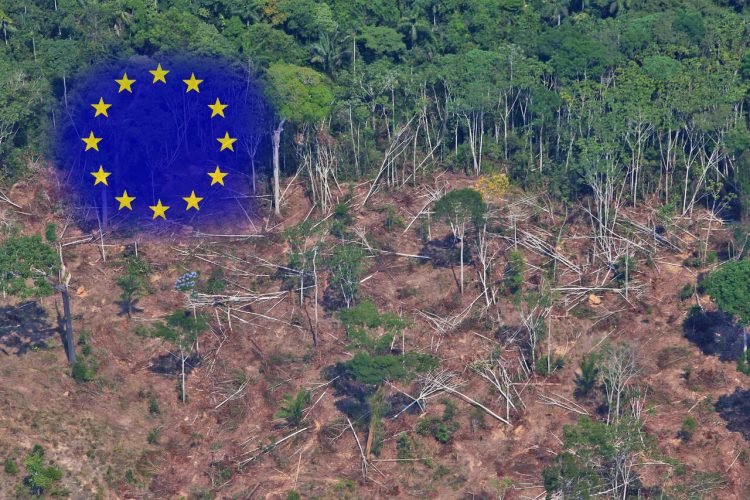Cotance: “It has been scientifically proven that the demand for leather does not drive livestock production or slaughter and therefore leather cannot be considered a factor in deforestation.”
On 13 September the European Parliament voted on a number of amendments introduced to the Regulation on Deforestation-Free Products in the EU market. Among them are 247, which aims to remove skins and leathers from the scope of the European Commission’s legislative proposal; which was eventually rejected. 277 votes in favor and 338 against the amendment, which excludes leather from the scope of the regulation.
For Cotance, “leather is nothing but the result of the transformation of a residue from the production of meat for human consumption. It has been scientifically proven that the demand for leather does not drive livestock production or slaughter and therefore leather cannot be considered a factor in deforestation. On the contrary, it is a success story in recycling and a pioneer in the circular economy».
According to the European Community National Confederation of Tanners’ Associations (Cotance), “many APs have fallen for a well-planned lobbying campaign by six other radical activist organizations that spread lies and misinformation about Earthsight and leather. However, it turned out that the Parliament was split in two.
The inclusion of leather in the EU proposal for deforestation-free products on the EU market will likely have little impact on European forests. Moreover, the legislation will not even prevent consumer products made from leather from countries at risk of deforestation from being sold on EU markets, as these are excluded from compliance with EU due diligence requirements. “The EU is strengthening competitors in third countries and forcing EU industry to move abroad. This is a low blow,” they say at Cotance.
Some experts say this legislation will further affect the free market for leather raw materials, which is already quite distorted by the export restrictions already in place in most countries. The European Tanners’ Lobby warns that “The impact on raw materials and leather prices will likely be devastating, but the European Commission has never reviewed it in its mandatory impact assessment before any legislation”.
According to calculations by the European Tanners Confederation, due diligence requirements to be applied by European operators in the leather industry pose a challenge for SMEs in the industry, putting up to 450,000 jobs in the European leather value chain at risk.









